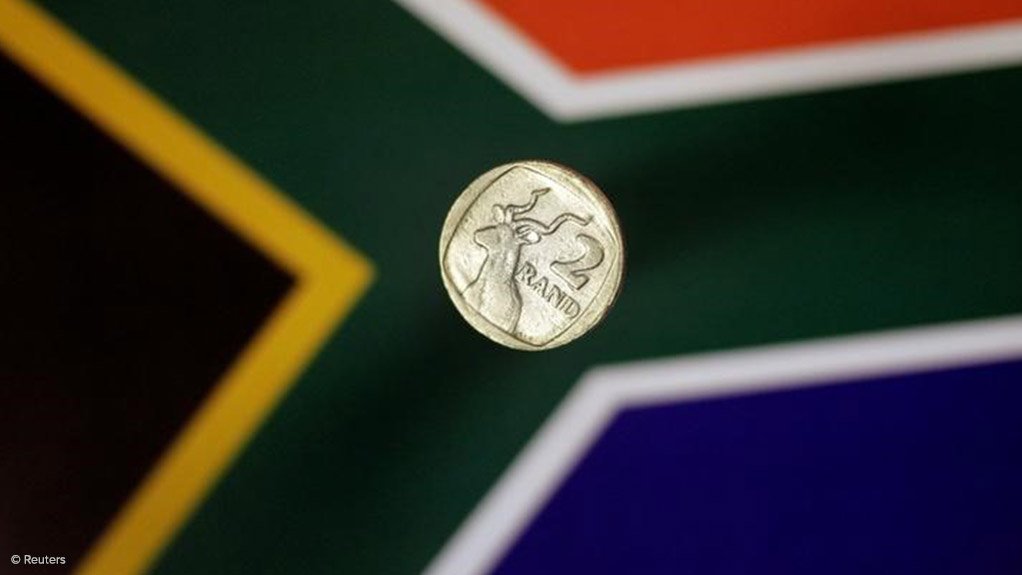The Rand Merchant Bank (RMB) and Bureau for Economic Research (BER) Business Confidence Index (BCI) increased by five points to 35% in the second quarter of the year ahead of the national elections.
Just more than a third of 2 500 survey respondents were satisfied with prevailing business conditions between May 9 and May 27; however, uncertainty around the election was top of mind for many respondents.
According to the GDP data released by Statistics South Africa on June 4, the economy contracted by 0.1% in the first quarter of this year following an upwardly revised expansion of 0.3% in the last quarter of 2023.
Of concern and consistent with lower levels of business confidence, the growth in gross fixed capital formation contracted for the third consecutive quarter in the first quarter of this year.
The BCI results point to some lift in activity in the second quarter. Still, the ‘wait-and-see’ approach ahead of the election could have held back a more pronounced recovery in demand, while doubts about the sustainability of no loadshedding may have prevented production from being ramped up more significantly.
RMB and BER believe respondents were nonetheless positive about there not having been loadshedding for more than a month prior to the survey period and throughout the survey period.
It remains to be seen what the implications of a possible coalition government would be on policy and the business operating environment in the remainder of the year, as well as whether the energy availability factor can improve further – all of which impact on business confidence.
SUBSECTOR CONFIDENCE
More specifically, confidence grew in four of the five subsectors of the index except for new-vehicle dealers. Notably, RMB and BER say confidence among wholesalers and building contractors is above its long-term average level, while confidence among retailers is similar to its long-term average level.
RMB and BER find that wholesale traders were the most optimistic in this round of the BCI, with 53% of respondents having been satisfied with prevailing business conditions.
Consumer goods traders were upbeat about the increase in sales volumes for a second consecutive quarter, while non-consumer goods traders reported another decline in sales.
Confidence in the closely linked retail sector was slightly worse than that of wholesalers but still increased by five points to its long-term average level of 39%.
On balance, sales volumes were better. This was largely driven by durable goods, with hardware retailers a notable outperformer.
In contrast, sales volumes for non-durables declined as selling prices rose. Sales volumes for semi-durable goods sales also declined in line with non-durables, however, this is despite declining selling prices.
Business confidence among building contractors picked up once more and rose above its long-term average of 44% to reach 47%, going against expectations for a continued slowdown in the building sector, which could have weighed on confidence.
The uptick was supported by fairly solid activity in KwaZulu-Natal and the Western Cape, and shows that the sector remains resilient, RMB and BER report.
On the other hand, confidence among new-vehicle dealers, who are arguably most sensitive to the prevailing high borrowing costs and subdued consumer demand, declined by six points to 10%. This means that just one out of ten respondents were satisfied with prevailing business conditions, well below the long-term average of 43%.
Comments of purchasers ‘buying down’ and solid activity among spare part traders, as owners hold on to their vehicles for longer, reinforce the view that consumers remain under pressure. Positively, the rate of decline in car sales volumes slowed somewhat.
Barring the ultra-depressed new vehicle dealers, manufacturers remained the most downbeat. Still, confidence rose by 7 points to 28% – the best level in two years.
Encouragingly, production improved somewhat from the first quarter, particularly for food and metals manufacturers.
Export demand ticked up marginally, while domestic demand remained sluggish. A sharp decline in the average hours worked per factory worker despite the two months without loadshedding is a concerning leading indicator for the sector.
LOOKING AHEAD
RMB and BER explain that business confidence ahead of the election showed a welcome uptick but remained below the levels that are conducive to foster increased private-sector investment and faster economic growth.
There would need to be a sustained improvement in confidence for investments levels, GDP growth and employment to pick up.
For this to materialise, it is important that the new administration accelerates the implementation of the structural economic reforms started in the previous administration to improve the business operating environment of the South African economy.
Some good progress has been made on the energy front under Operation Vulindlela, but binding supply side constraints remain a concern as progress in logistics, the water sector, and safety and security, among others, remain extremely slow.
On a positive note, on the demand side, the latest BCI suggests that price pressures are abating, with selling price increases generally slowing across the different sectors.
Lower inflation through the remainder of the year, and the possibility of a somewhat lower policy interest rate later in the year could boost consumer spending.
This could aid the struggling new vehicle dealers, in particular, who have been a drag on the overall BCI in the last three quarters.
EMAIL THIS ARTICLE SAVE THIS ARTICLE ARTICLE ENQUIRY
To subscribe email subscriptions@creamermedia.co.za or click here
To advertise email advertising@creamermedia.co.za or click here











